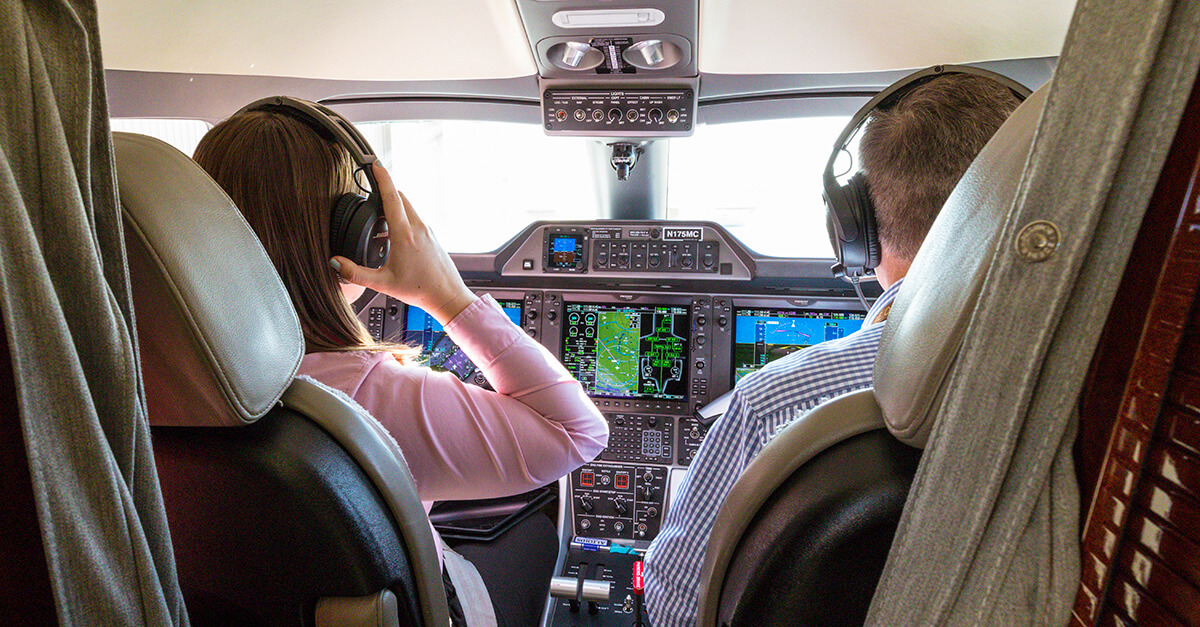
Dec. 9, 2020
The FAA has extended the existing exemptions that allow Part 121 and Part 135 operators to use alternative methods to conduct required emergency and abnormal procedures during recurrent and upgrade training, checking and evaluation of required crewmembers.
However, said Brian Koester, CAM, NBAA director of flight operations and regulations, “The FAA made it clear that operators should not expect any further extensions to these exemptions, so operators will need to start planning ahead for travel and quarantine complications.”
Citing the consequences to operators of any delay, the FAA did not publish summaries of the petitions in the Federal Register. It extended to March 31, 2021, the deadlines of exemptions No. 18512C and No. 18509C that respectively relieve Part 121 and Part 135 crewmembers from donning breathing equipment or oxygen masks during training. The exemptions apply only to certificate holders already granted authorization by their principal operations inspectors.
While the circumstances of the pandemic warranted the extension, the FAA said 12 calendar months will have passed since it first granted this training relief.
“The FAA expects that this timeframe is sufficient for certificate holders to have implemented appropriate plans, processes, and procedures to effectively clean and disinfect emergency equipment so that crewmembers may complete training using the normal procedures,” the agency said.
The exemptions apply only to crewmembers required to complete recurrent training, testing, or checking through March 31, 2021, as well as pilots completing upgrade training or checking. Additionally, crewmembers may not use alternate training methods more than once because they must “execute and perform correctly and efficiently in high-stress, high-risk and time-critical” emergency and abnormal situations.
“Accordingly, the FAA has determined that a further extension of the timeframe to complete the training using the normal procedures would present an unacceptable risk to aviation safety due to the potential erosion of the crewmember’s ability to perform the emergency procedures and therefore would be contrary the public interest,” the agency noted.


 International Business Aviation Council Ltd.
International Business Aviation Council Ltd.